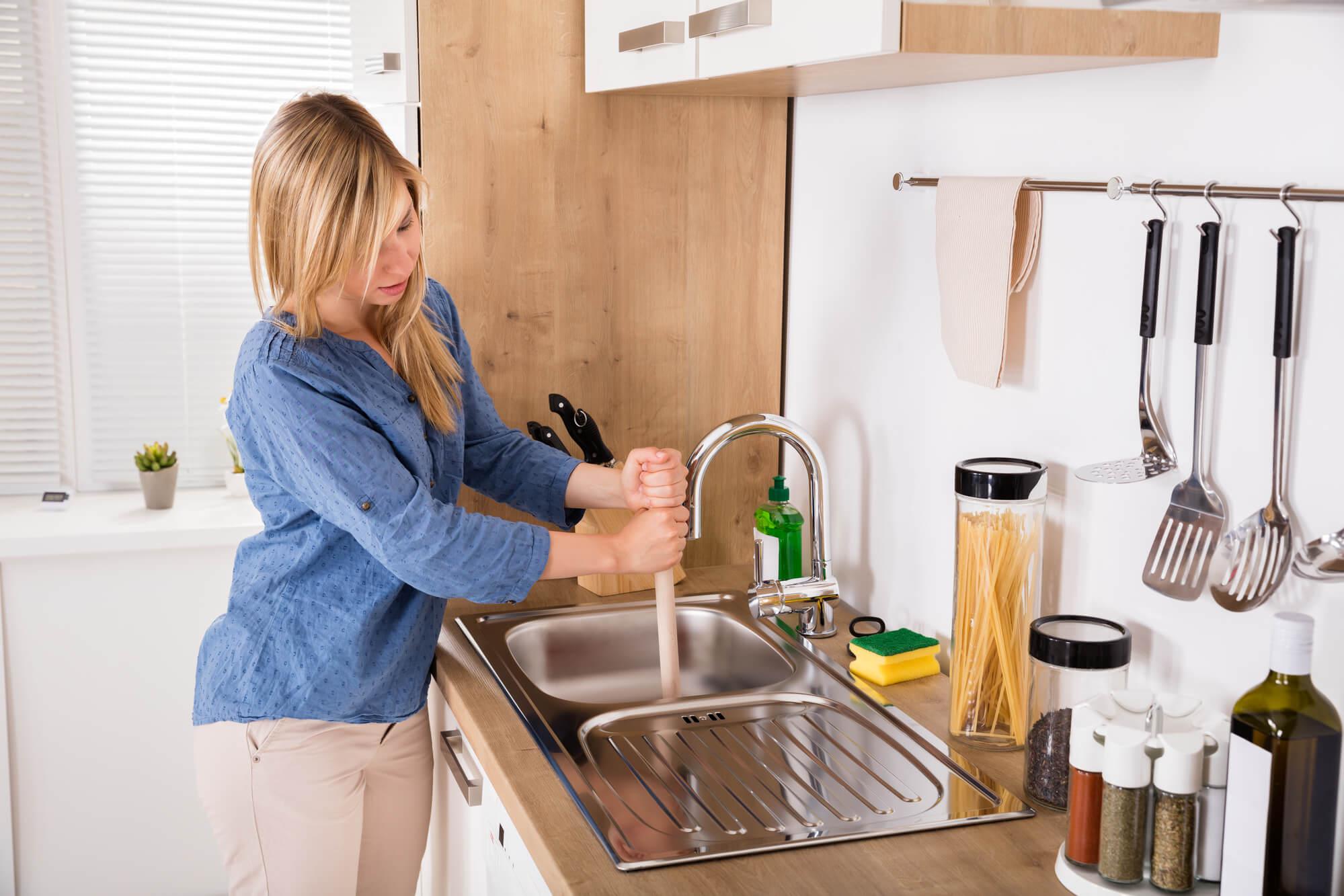10 Reasons Your Drains Are Blocked
- Written by Samantha Ball

A blocked drain is one of the most common and frustrating household plumbing issues. Sometimes, water pooling happens, and then there’s the foul smell that usually accompanies blockages. Depending on the cause, there are times when you can resolve the problem on your own, while some blockages will require a licensed plumber to clear.
Left unattended, severe blockages can lead to water damage and mould issues, as well as burst pipes. This can mean more expenses as water damage and mould impact structural materials — severely damaged pipes may need replacing.
Causes of blocked drains
To prevent drain clogging, it would help to know what causes drain blockages, so you can take preventive measures to avoid them.
1. Tree roots
When certain plants and trees grow, their roots can end up piercing through the pipes, leading to leaks and blockages. This usually happens when people don't consider how much a plant or tree can grow and extend its root system through the years. To avoid this, make sure there’s sufficient space between your plants and piping system.
2. Toiletries
Most people don’t think twice about flushing down toilet paper, feminine hygiene products like tampons and pads, diapers, wipes, and cotton swabs. While toilet paper is generally flushable, quilted toilet paper is not. Feminine hygiene products, cotton swabs, and other similar items don’t dissolve either.
3. Foreign objects
Sometimes you may inadvertently drop solid objects that end up in your drain or toilet. Children may also experiment with your toilet by attempting to flush down toys. What you can do is install guards in all shower and sink drains, and keep your bathroom doors closed to discourage your children from playing there.
4. Cooking oil
Fat, cooking oil, and grease can gather, solidify, and cause pipe blockages. So, make it a point to wipe off small amounts of fat, cooking oil, or grease and throw it in your compost heap. You can keep larger amounts of the same in a jar or tin and dispose of it along with the trash.
5. Food scraps
Kitchen sink traps are there for a reason: to catch food scraps and other debris. Make sure you throw out food waste into your composting pile.
6. Mineral build-up
Hard water typically leads to mineral, scale, or sediment build-up. To address this, you can use a water softener or regularly conduct descaling and mineral build-up removal.
7. Soap
Traditional soap contains fat that combines with the minerals in water to form soap scum that can clog pipes. What you can do is use soap-free toiletries and get your pipes pressure-cleaned.
8. Hair
Hair is one of the worst clogging culprits as it doesn’t dissolve naturally. To prevent clogging your drain with hair, use a drain catcher in your bath or shower.
9. Natural debris
Soil, leaves, and other types of debris can get caught in the gutter and find their way down your drain, causing blockages — a particularly common scenario during stormy weather. To minimise this, keep your garden in order and clean your gutters regularly, or at least twice a year.
10. Cat litter
Most conventional cat litter is made of bentonite or some other clumping material that solidifies cat waste, so flushing this down your toilet would be ill-advised. Instead, opt to dispose of cat litter using biodegradable bags.
Blocked drains can be a major headache, and can lead to potentially bigger problems.
So, to ensure you avoid them, be wary of what causes them.





